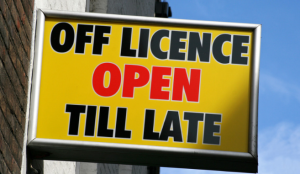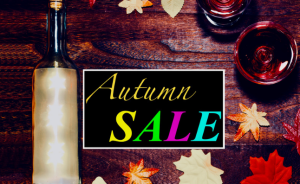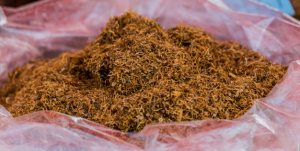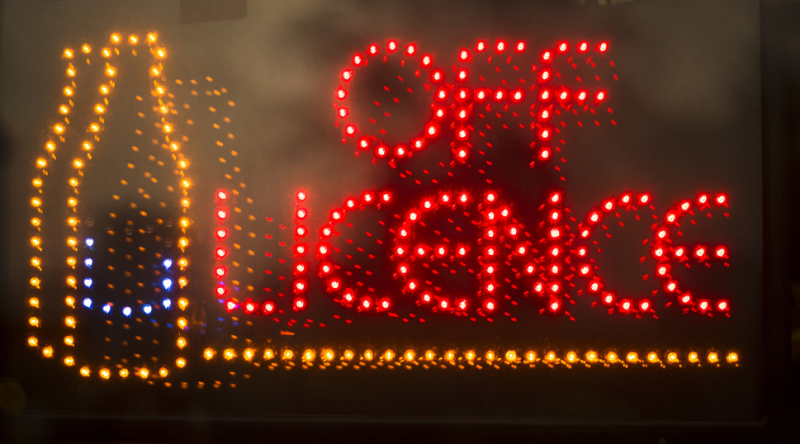To comply with your trade in the UK with all the legal requirements, you need to be updated about all the licensing subjects. If you are selling alcohol, you need to have an off-licence. If you are unsure, you could also take the help of a legal advisor. This guide will help you out in providing you with an in-depth analysis of off-licensing in the United Kingdom.
What is an Off Licence?

Off licensing is an alcohol licensing law for the regulation of consumption and sale of alcohol in the United Kingdom. It is also known as off-sales. Off licensing is legal regulation on the shops selling alcoholic beverages.
These can be any outlets that sell alcoholic beverages for consumption off the place. These off licences could include any shops in a supermarket or locate elsewhere, convenience stores etc. Meanwhile, any bar or a pub selling beverages for on-point consumption is licensed as on-licence.
These laws are regulated by the UK Parliament in England, the Northern Assembly in Northern Ireland, Senedd in Wales and the Scottish Parliament in Scotland. All the shops, pubs or bars that offer consumption or sale of alcoholic beverages are regulated under the licensing laws.
Off-licence is further subdivided into a Premise Licence and a Personal Licence. Premise Licence authorises the premises the conditions or time for the sale of alcohol whereas the latter one authorised individuals for the sale of alcohol. The Premise Licence must also have a DPS or DPM having a personal licence.
The premise licence is categorised into an off-licence and on-licence. Off-licence denotes the consumption of alcohol off the place. Meanwhile, the on-licence includes the consumption of alcohol at the point.
How is the sale of alcohol regulated?

The alcohol licensing laws enforces certain rules to bind the sales and consumption of laws to minors. These have been listed below.
- The alcohol licensing laws does not allow any premises to sell alcoholic beverages to minors (anyone under the age of 18).
- It is invalid for anyone to purchase alcoholic beverages on behalf of anyone under the age of 18. The premise must ensure that this rule is being strictly complied with.
- The pub, convenience stores, shops or any other site must have an age verification policy, especially in all the premises located in England or Wales. It can be achieved through identities like CitizenCard, PASS or any other schemes (In Scotland, it is mandatory to check if anyone is under the age of 25 via Challenge 25).
- This law also mandates the sale of alcoholic beverages in England at a price higher including VAT and excise duty. There is also a minimum price applicable for the sale of per unit alcohol in Scotland and it is restricted to offer discounts on alcoholic beverages.
How is the sale of tobacco products regulated?

Similarly, to regulate the sale and consumption of tobacco products to minors, there are certain rules applied to prohibit it. These rules have been listed below.
- It is strictly prohibited to sell tobacco products to minors (anyone who is below 18). These products can also include cigarette papers, lighter refills that use butane gas as lighter fluids or other things.
- The products should contain a mandatory health warning on them along with standardised packaging.
- The products should also contain a UK duty paid mark.
- Advertisements or displays of such products are strictly prohibited.
What are the other types of licences required for an Off Licence?
Alcohol licensing
Both premise licence and a personal licence is required for the sale of alcoholic drinks in England or Wales. The premise licence is required for any site where the alcohol is to be sold.
A personal licence is required by the individuals selling alcoholic beverages from that premise. It is mandatory to have a DPS or a DPM who has a personal licence. This law is regulated under the Licensing Act in England and Wales.
In Scotland, the premises or personal licences are granted by the local licensing authorities. This is regulated under the Licensing (Scotland) Act. In Northern Ireland, the country courts issue the premises or personal licences. It is regulated under the Licensing (Northern Ireland) Order.
Alcohol Wholesaler Registration
If you have decided to trade in alcoholic beverages, you need to get yourself registered as the wholesaler with the HMRC. The HMRC will then proceed with the Alcohol Wholesaler Registration by first ensuring if you are fit as a wholesaler of alcoholic beverages. They will also check if you have any criminal background, for instance, smuggling.
What are the other concerns related to off-licensing?
If you want to include the sale of food beverages along with the sale of alcoholic beverages, you will also require your business to be registered as a food business. You can contact the local health department for the same.
The department will then proceed by ensuring whether you comply with the food safety and hygiene guidelines. Also, you have to register yourself with the Information Commissioner’s Office if you are using CCTV services on your premises.
What does the insurance for an off-licence cover?
You must also have insurance cover for your off-licence business. You must ensure that the insurance should cover the following things.
- Public and employer’s liability
- Loss of licence
- Suspension of licence
- Legal expenses
- Major breakages like harm to premises including its stock or window or other breakages.
- Business vehicles insurance
- The transition of stocks.
You can contact an advisor to suggest to you the insurance cover you should have for your business.
Conclusion
Alcohol licensing laws are to be strictly adhered to. Hence, it is necessary to be updated about these laws if you are involved or are planning to be involved in the trade of alcoholic beverages. In this article, we have provided a proper guide for the same. We hope that you find this article helpful in making you clearly understand the off-licensing laws of the United Kingdom.







